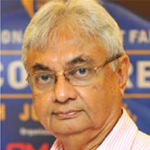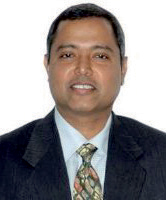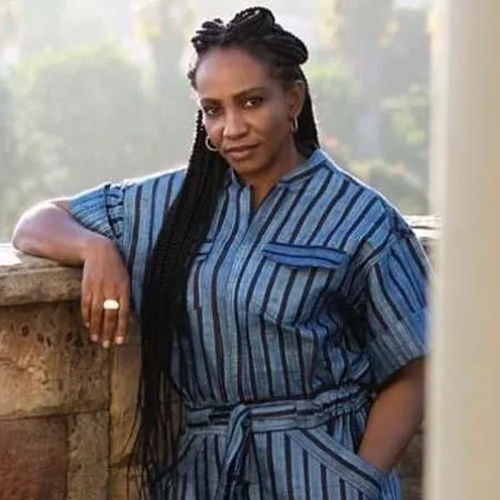
Nkwo Onwuka
Designer
Label - NKWO
My inspiration comes from the ‘messages’ I get from everything & everywhere
NKWO is an artisanal brand at the forefront of the sustainable fashion movement in Nigeria with the conservation of natural resources and the environment as the label’s core values. Its focus on waste reduction has also led to the invention of a ‘new African fabric’ called Dakala Cloth. The clothes are free spirited and nomadic, inspired by the lives of the wandering people of the African deserts and great plains. In an interview with Fibre2Fashion, NKWO designer Nkwo Onwuka discusses her journey, brand collection and purpose and shares some advice for aspiring designers.
Fibre2Fashion: How would you define yourself as a designer and how would you illustrate your journey in the world of fashion?
Nkwo Onwuka:
At the core of my design process is the conservation of natural resources and the environment. My main focus is on textile waste reduction and how I can use this as a way to restore our traditional value systems that have been corrupted by fast fashion. I call this being mindful.
F2F: Could you please walk us through the journey of inventing Dakala and its purpose?
NO:
Dakala Cloth is an ethical textile waste cloth developed in our studios as a means of textile waste reduction and traditional craft skills preservation. It bridges the gap between our inadequate waste management systems and the fact that many of the custodians of our traditional craft skills are the last in their line of craft.
F2F: How challenging is the manufacturing and design process with dead-stock and second-hand materials?
NO:
I turn every challenge into an opportunity and have learned to be very flexible with my design process. My collections are always small, made up of one-off and limited-edition pieces designed around whatever fabrics are available instead of doing it the other way round.
F2F: With so many sustainable brands coming into picture, how do you ensure your label stands out?
NO:
My label stands out because it has a very distinct story which is communicated clearly in every stage of the business, through innovation and my unique interpretation of the rich history and cultures of Africa.
F2F: Apart from Dakala, what other fabrics are utilised to curate conscious collection?
NO:
The other fabrics I use in my collections include upcycled denim, deadstock fabrics, locally grown cotton and aso-oke, which is a Nigerian traditional handloom woven fabric.
F2F: Where do you get your creative nutrition from? What fashion do you follow?
NO:
My inspiration comes from the ‘messages’ I get from everything and everywhere in Africa – from the past, the present and the future! My mind takes me on wonderful adventures where I am able to bring back the stories and tell them through my collections!
F2F: Can you share some insights about Nigerian as well as African fashion and how would you differ the same from European fashion?
NO:
Fashion in Africa is greatly influenced by our experiences and our realities and so the stories we tell through our work have a very different point of view to our European counterparts.
F2F: Suggest five tips for aspiring designers trying to break into sustainable fashion.
NO:
- Be clear about what sustainability means to you
- Tell the world a unique story through your work
- Be authentic and stay true to yourself
- Stay conscious of the impact running a fashion business has on the environment by being mindful at each stage of your design process/business
- You must work in circles—build a community and make sure you take care of everyone in your small circle so they can in turn take care of the people in their small circles and so on.
F2F: What are your forthcoming plans with your label and how are you planning to expand the same?
NO:
The most exciting plan I have for the business is the launch of NKWO Transform, which is a social innovation initiative aimed at transforming lives as we transform waste, and the launch of our Transformation Centre, which will be the main waste processing and production hub. The Transformation Centre will also serve as a place for learning, research and knowledge exchange.
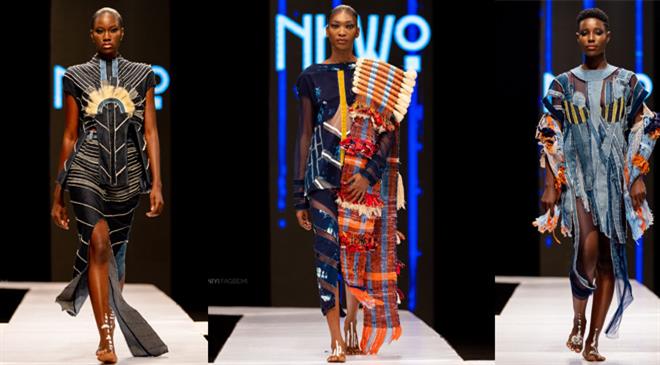
Aseem Prakash
Pradip Mehta
Bill D’Arienzo
Abhay Gupta
Gabi Seligsohn
Rahul Mehta
Rahul Mehta
Anurag Batra
Arun Sirdeshmukh
Fanny Vermandel

20230103183907.png)
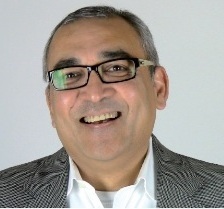
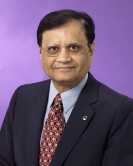


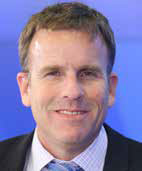
_8.JPG)
